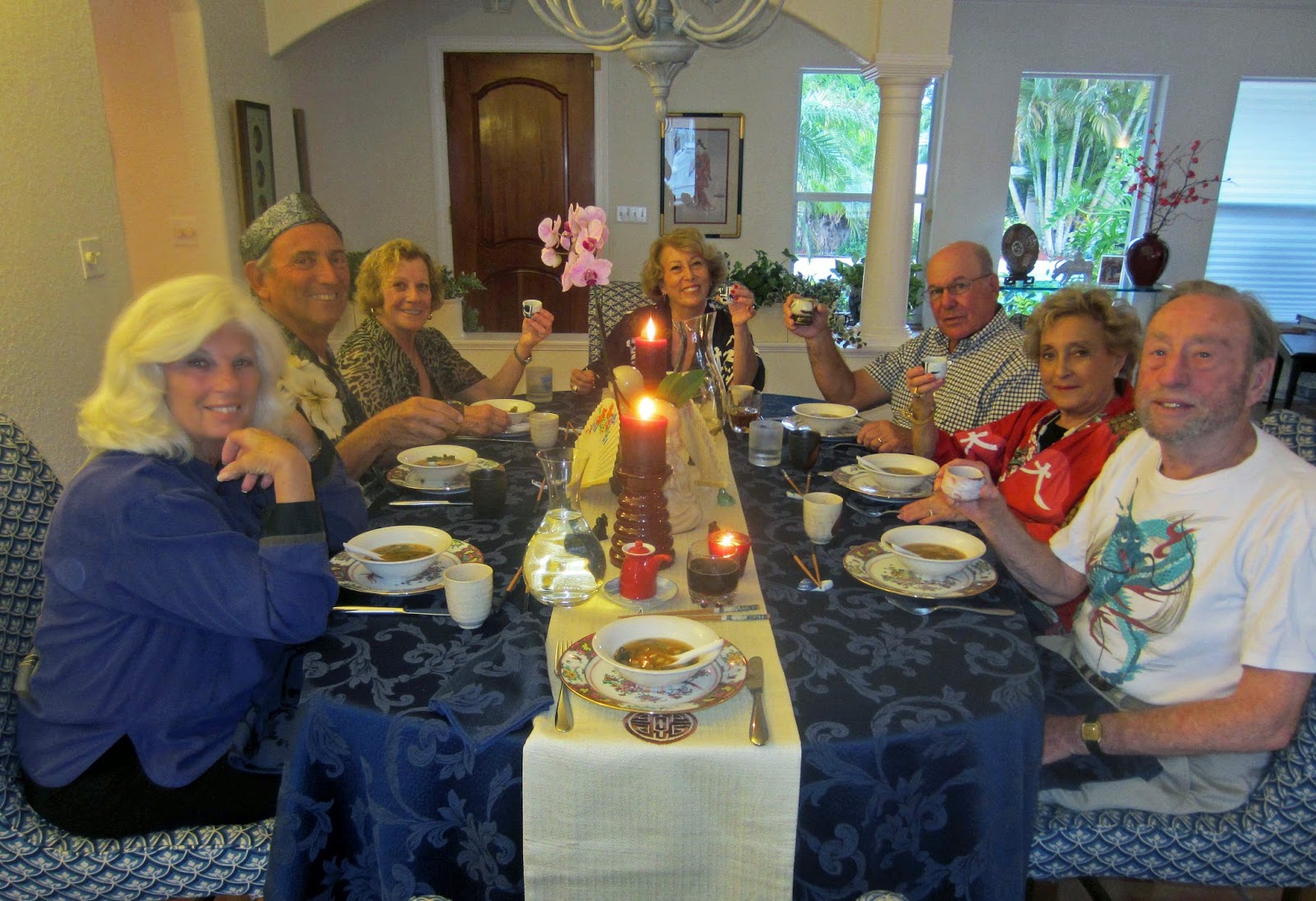This famous dictum by Socrates can be interpreted many
ways. He was a philosopher and it may be
that philosophy is indeed the basis for all creative arts, and even the
sciences, man’s attempt to come to grips with our place in an endless universe,
the meaning of life, and its corollary, death.
When the 400-year-old King Beringer is told at the beginning of Eugene
Ionesco’s play, Exit the King, that
he now has only 90 minutes to live he rages “why was I born, if it wasn't forever?”
We live in an age of media overload, social, graphic,
narrowcasting political views, and instant gratification on cell phones, iPads,
and "reality" TV shows. There are so many
“streaming” choices that one’s inner life is suffocated. Maybe that’s the point of it all, numbing us
all into a somnambulistic state so we don’t have to do the hard thinking, just
be an obedient lot of consumers.
More than ever we need the arts to find our moral compass,
to return to examining one’s life.
Perhaps that is why the theater has become a centerpiece of my blog over
the years, particularly the plays produced right here in my own backyard by
Palm Beach Dramaworks. It is among the best
regional theaters in the United States, and although there are other good
theaters nearby, none have been as consistently adept in their choice of plays,
actors, and in their execution as Dramaworks. It rivals New York and the West End.
Having reviewed so many plays of theirs over the past several
years, missing just a few summer productions while we’re away, as an ex-publisher I
thought it might be interesting to pull them together into an eBook PDF,
something more navigable than going through the BlogSpot site. The software for
doing this is not very flexible, thus including entries where Dramaworks is
merely mentioned. As such, some of our
personal life, as well as an occasional review of other theatres’ productions, and
even a few book reviews get commingled.
Fortunately, there are not many.
The vast bulk is indeed the “history” of Dramaworks during the period.
What results is a 200 page PDF, easily downloadable into iBooks
and therefore readable off line. I brought
my iPad on a recent Caribbean cruise (more on that in a later entry) and
thought I’d just look over the results and instead I ended up reading it virtual cover
to virtual cover. I had feared a lot of
redundancy. After all, how many
different ways are there of praising a play and performance since PBD’s
productions have been uncommonly exceptional? (There are some reviews on my
site of other theatre productions which are negative, so it’s not as if I don’t
have a critical bone in my body.)
But it seems to come across without much literal repetition and
most of the impact reading it as an eBook is from the sheer
energy and enthusiasm that went into these reviews, not from any particular “review
skill acumen.” It’s all part of buying
into Dramaworks’ vision: “To enhance the
quality of life through the transformative power of live theatre.” Full circle back to the “examined life.”
Interestingly, the very first entry in the collection,
published in November 2007, is entitled Literature
and Family. It is one of those
entries that is not a review of a Dramaworks play although one paragraph does
cover their production of The Subject Was
Roses. Most of the entry could serve
as a fitting introduction to this collection as so much great literature and
theatre is about family. That entry taps into some of my own family “secrets.”
As Tolstoy said "happy families are all alike; every unhappy family is
unhappy in its own way." Literature and Family concludes with an essay about my
father. It explains a lot about how I
made the journey to the very words you are reading at this moment.
Finally, I thank the PBD professionals who are really
responsible for the contents of this document, and in particular, Dramaworks’
founders, William Hayes, Producing Artistic Director; Sue Ellen Beryl, Managing
Director; and Nanique Gheridian, Company Manager.
The PDF of the Dramaworks Retrospective by Robert Hagelstein is available here:




